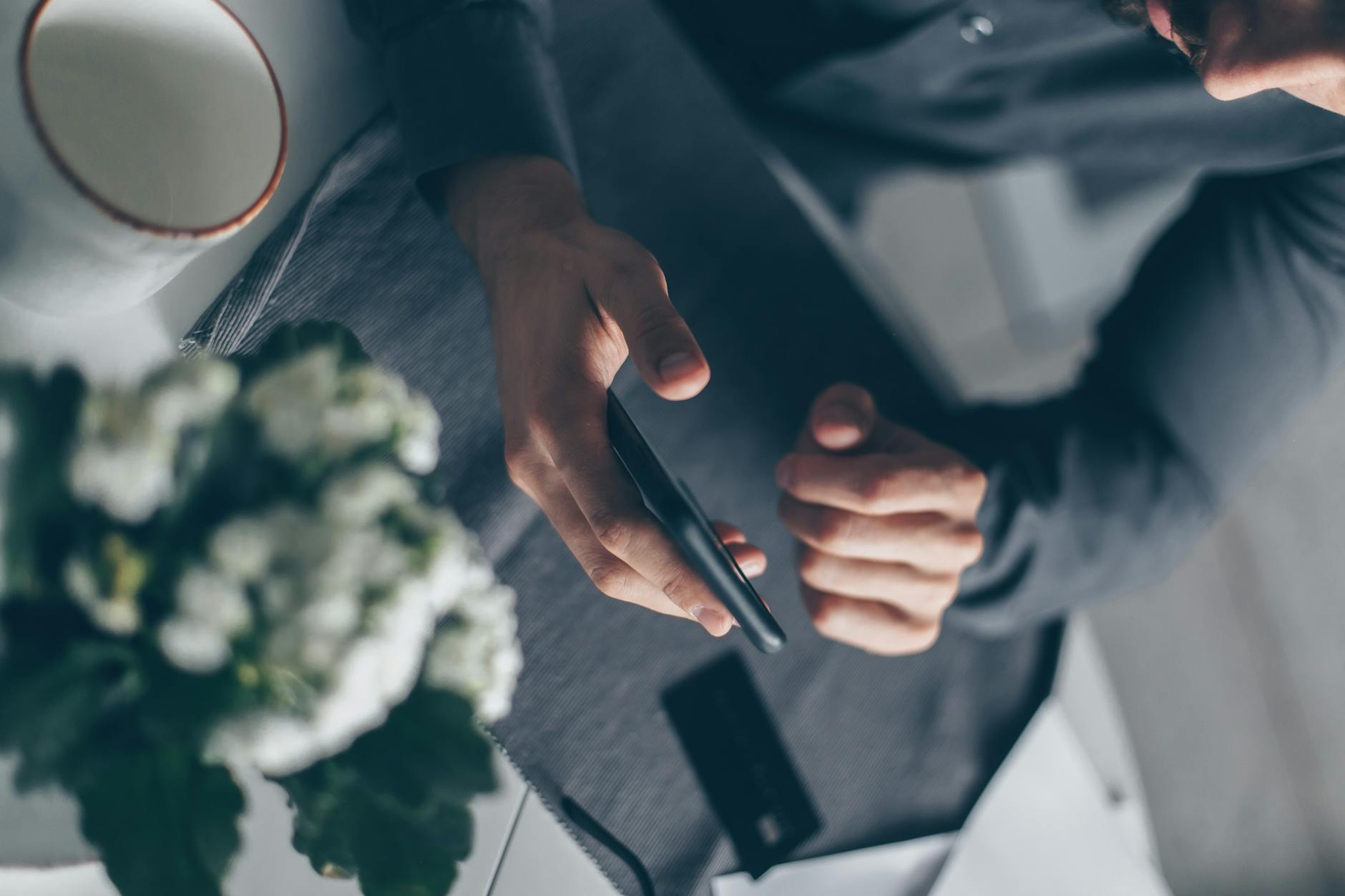Madras HC Slams Illegal Phone Tapping: A Big Win for Privacy?
So here’s the thing—the Madras High Court just dropped a bombshell. They’ve ruled that the CBI’s phone tapping shenanigans aren’t just shady, they’re flat-out illegal. And not just ‘oops, our bad’ illegal, but a full-blown violation of your fundamental right to privacy under Article 21. Let that sink in. In a world where everyone’s suddenly worried about who’s listening in on their calls, this judgment couldn’t have come at a better time.
1. Breaking Down the Court’s Decision
1.1 What Exactly Did the Court Say?
No sugarcoating here. The judges basically said, “Hey CBI, you can’t just tap phones willy-nilly like it’s some spy thriller.” They laid down the law—literally. Unless there’s a proper legal process (and no, “because we felt like it” doesn’t count), it’s a hard no. National security threats? Maybe. Your average criminal case? Forget about it. The court’s message was clear: privacy isn’t optional.
1.2 Why Article 21 Matters More Than You Think
Remember that Puttaswamy case everyone was talking about a few years back? This ruling builds on that. Article 21 isn’t just about not getting thrown in jail without reason—it’s about living with dignity. And guess what? Having some government agent eavesdrop on your midnight pizza order doesn’t exactly scream “dignity.” The court nailed it when they said privacy isn’t some luxury add-on—it’s baked into our basic rights.
2. What This Means for You and Me
2.1 Cops on a Leash (And That’s a Good Thing)
Here’s the kicker—law enforcement can’t just play fast and loose with surveillance anymore. They’ll need actual paperwork, proper approvals, and a darn good reason. No more fishing expeditions. And if they screw up? Well, let’s just say the evidence might as well be toilet paper in court. About time someone put up guardrails, if you ask me.
2.2 The Bigger Picture: Your Digital Life Just Got Safer
Think about how much of your life happens online these days. Bank details on your phone, private chats, the works. This ruling? It’s like putting a lock on that digital diary. Sure, it won’t stop all snooping—nothing can—but it sets a precedent that could ripple across the globe. Other countries dealing with similar crap might just point to this case and say, “See? Even India gets it.”
3. The Messy Gray Area of Spying on Citizens
3.1 When Can They Actually Tap Your Phone?
Okay, so it’s not like all surveillance is off the table. If there’s a legit threat to national security—like actual terrorists plotting something—the law still allows tapping. But here’s the catch: they’ve got to jump through hoops first. Approval from top officials, strict time limits, the whole nine yards. The court basically said, “Follow the rules or don’t play the game.”
3.2 The Eternal Tug-of-War: Safety vs. Privacy
Let’s be real—this is where things get tricky. On one hand, you want the police to catch bad guys. On the other, you don’t want them reading your texts just because they’re bored. The court struck a pretty smart balance here. They’re not saying no to surveillance, just no to cowboy-style spying. It’s like giving them a scalpel instead of a sledgehammer.
4. Who’s Cheering and Who’s Grumbling?
4.1 The Privacy Crowd Is Doing Cartwheels
Civil rights folks are over the moon. Prashant Bhushan—that firebrand lawyer—called it a “slap on the wrist of an overreaching state.” Digital rights activists are already pushing for stricter enforcement. Their argument? If we don’t draw lines now, we’ll wake up one day in a surveillance state where your fridge rats you out for eating too much ice cream.
4.2 The Other Side Isn’t Happy (Shocker)
Of course, some cops and security experts are whining that this ties their hands. “How will we catch drug dealers now?” they cry. Honestly? Tough. If the choice is between letting some criminals slip through and turning India into a police state, I know which side I’m on. That said, maybe we do need clearer rules about what counts as legit surveillance versus overreach.
5. Where Do We Go From Here?
5.1 Time to Update Those Ancient Laws
The Telegraph Act was written when phones had cords, for crying out loud. Experts are saying we need proper oversight—maybe independent committees to review surveillance requests. Because let’s face it, leaving it all to the cops is like asking a kid to guard a candy store. The judiciary will need to keep a hawk’s eye on this to make sure the ruling actually means something.
5.2 How Not to Get Spied On (As Much)
First step: know your rights. If some cop wants to tap your phone, ask to see the paperwork. Second? Use encrypted apps—Signal over WhatsApp, for starters. A VPN won’t hurt either. And if you think you’re being snooped on illegally? Lawyer up. The court just gave you one hell of a weapon to fight back with.
The Bottom Line
This isn’t just some legal technicality—it’s a wake-up call. The Madras HC basically said what we’ve all been feeling: constant surveillance isn’t normal, and it sure as hell isn’t democratic. Yeah, it might make some investigations harder, but that’s the price of living in a free society. The real test now? Making sure this ruling doesn’t just gather dust while the powers that be find new ways to peek into our lives.
Source: News18 Hindi – Nation










